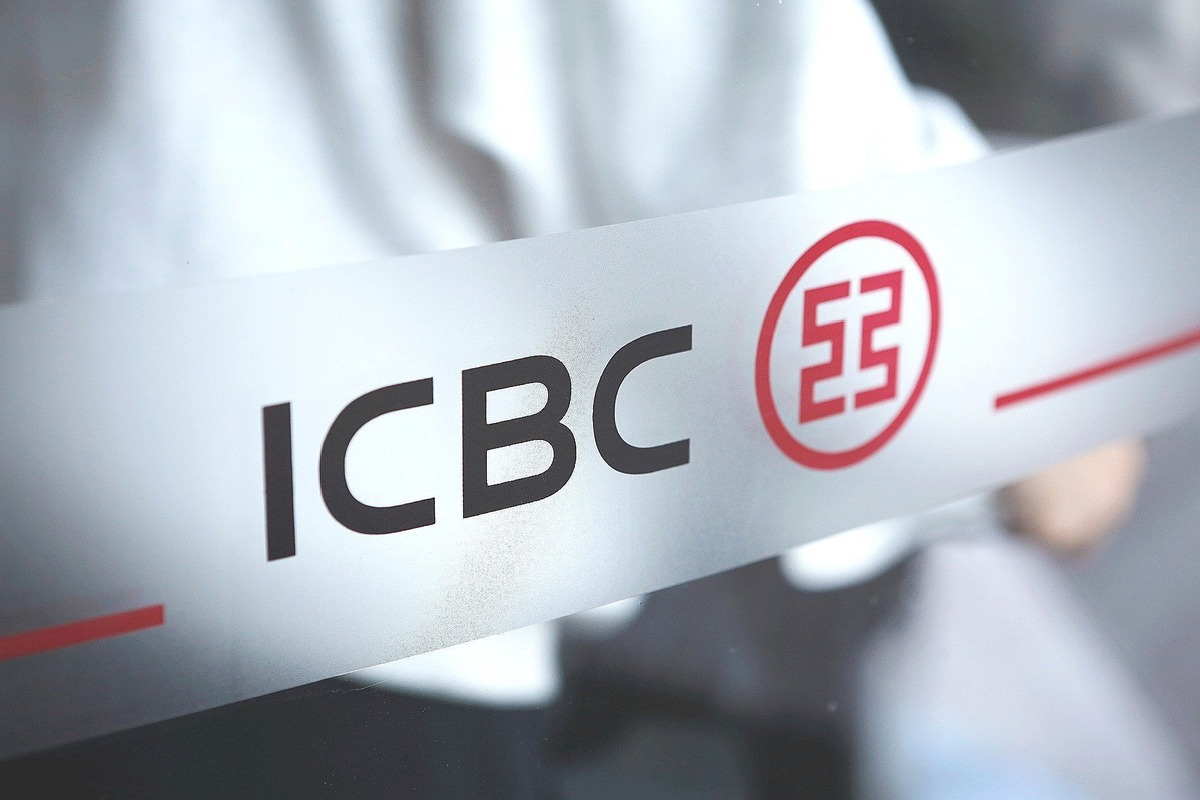ICBC president confident in bank's asset quality, operations


The president of China's largest State-owned commercial lender by assets said on Friday he has confidence in the overall asset quality and prudent operations of the bank, although the novel coronavirus outbreak will bring new challenges to the domestic economy in terms of consumption and export.
Gu Shu, president of the Industrial and Commercial Bank of China Ltd, said his confidence is built on the fact that the long-term upward trend of China's economy has not changed, and the country still has policy space to help enterprises speed up recovery and resume production.
His confidence also lies in the continuous improvement of the bank's capacity for risk prevention and control. Its allowance to nonperforming loans rose 23.56 percentage points from the previous year to 199.32 percent at the end of 2019, while the nonperforming loan ratio kept falling for 12 consecutive quarters to 1.43 percent, down by 0.09 percentage points from the prior year-end, according to the 2019 annual results announcement issued by ICBC on Friday.
These factors will give strong support to the bank's asset quality to remain stable over a future period of time, he said.
Last year, the bank achieved stable development despite rising domestic and international risks and challenges in a complicated situation. It recorded 313.4 billion yuan ($44.16 billion) in net profit, representing an increase of 4.9 percent from the previous year.
Stepping up financing to serve the real economy, the part of the economy that produces goods and services, the bank registered new domestic RMB loans of 1.33 trillion yuan in 2019, up by 9.8 percent year-on-year.
It gave priority to the high-quality development of manufacturing and granted nearly 120 billion yuan of new manufacturing loans after the recovery of nonperforming loan disposal, driving the balance of manufacturing loans to 1.45 trillion yuan.
Liao Lin, senior executive vice-president of ICBC, said by the end of 2019, the balance of small and micro enterprise loans increased by 52 percent from the beginning of last year. The bank also lowered the comprehensive cost of financing for small businesses by more than 1 percentage point through product innovation and fee reductions. The interest rate of new inclusive loans issued by the bank last year was 4.52 percent.




































